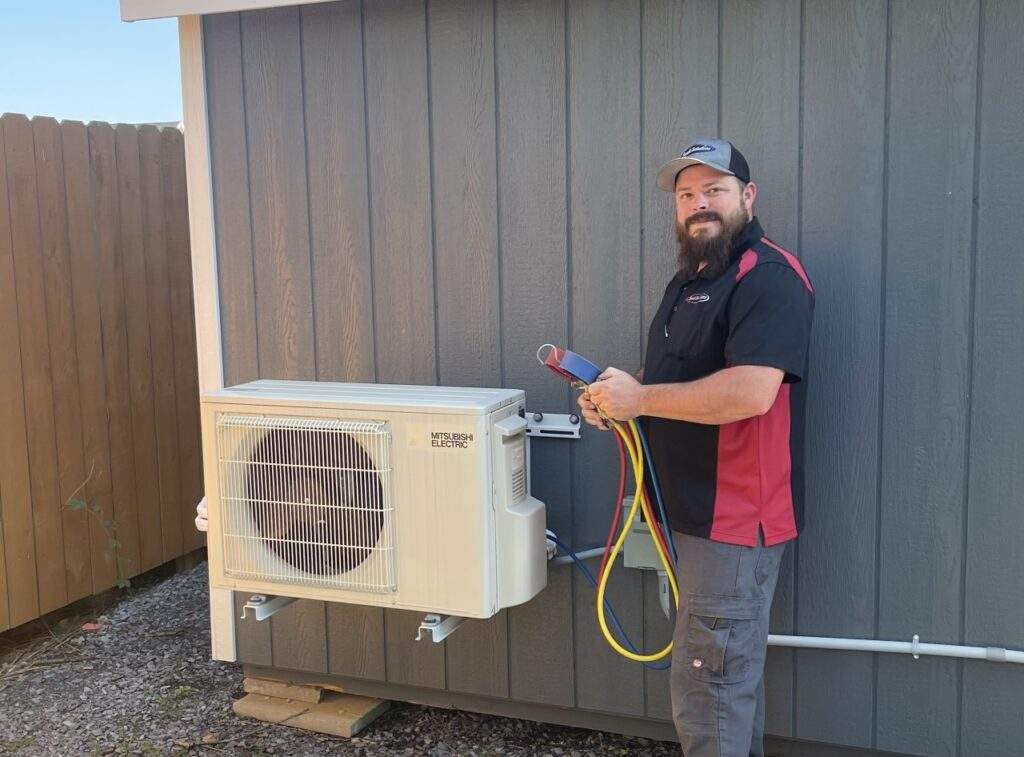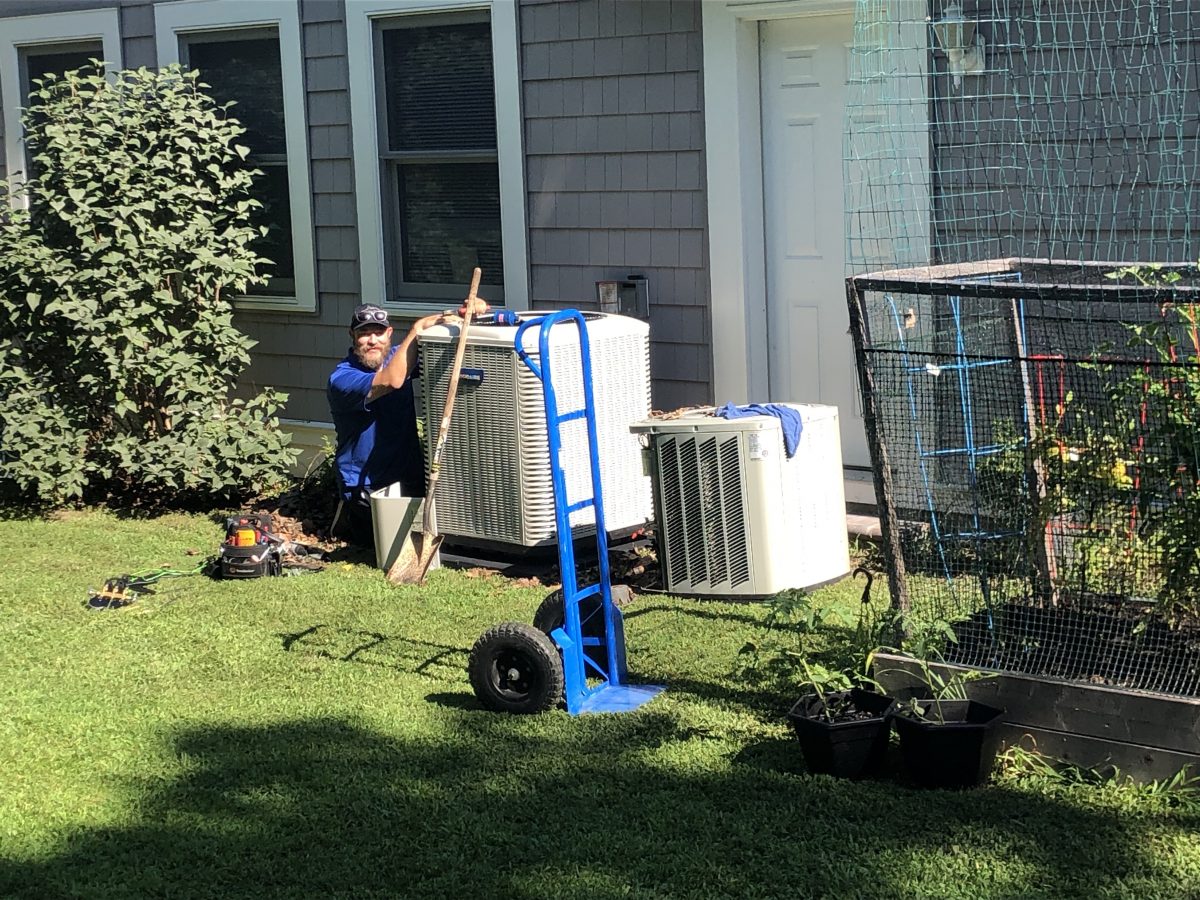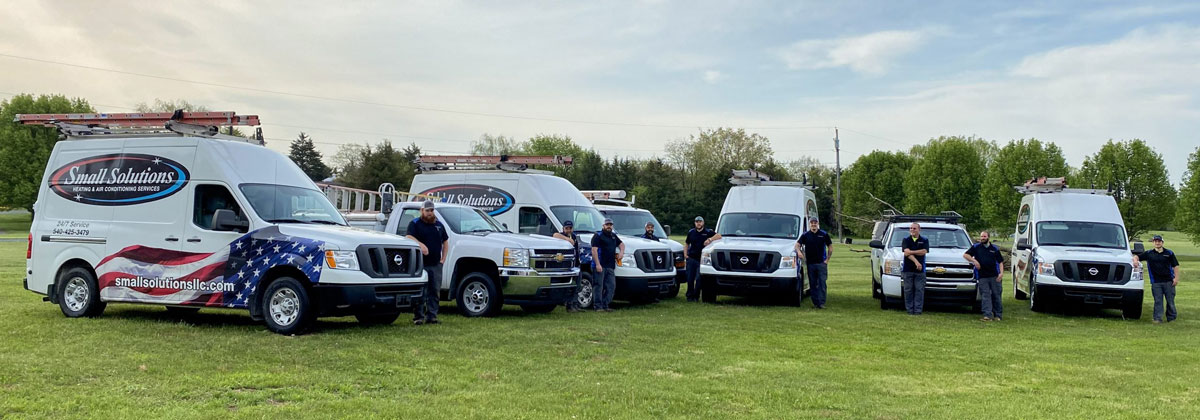What are the benefits of a HVAC system versus a boiler?
HVAC (Heating, Ventilation, and Air Conditioning) systems and boilers are two different types of systems used to provide heating and cooling in buildings. Here are some benefits of HVAC systems compared to boilers:
- Climate control: HVAC systems provide both heating and cooling, allowing you to regulate the temperature and humidity levels in your building. Boilers, on the other hand, only provide heating.
- Energy efficiency: HVAC systems often have higher energy efficiency compared to boilers. They are designed to regulate temperature and humidity levels, reducing the need for excessive heating or cooling.
- Air quality: HVAC systems come equipped with filters that help remove pollutants and allergens from the air, improving indoor air quality. Boilers do not provide any air filtration.
- Comfort: HVAC systems provide more consistent and evenly distributed heating and cooling compared to boilers, resulting in improved comfort levels for building occupants.
- Maintenance: HVAC systems typically require less frequent maintenance compared to boilers, which can require annual servicing to ensure proper operation.
- Cost: HVAC systems can be more expensive to install compared to boilers, but they are often more cost-effective in the long run due to their higher energy efficiency and reduced maintenance needs.
Ultimately, the choice between an HVAC system and a boiler will depend on factors such as the size and type of building, climate, and individual heating and cooling needs. Both systems have their own unique benefits and it is important to carefully consider your specific needs before making a decision.





